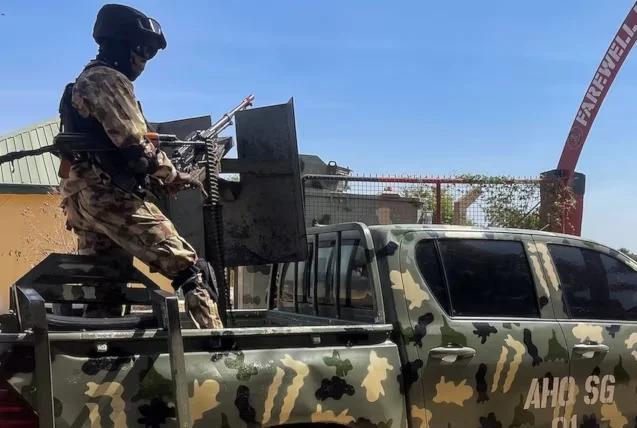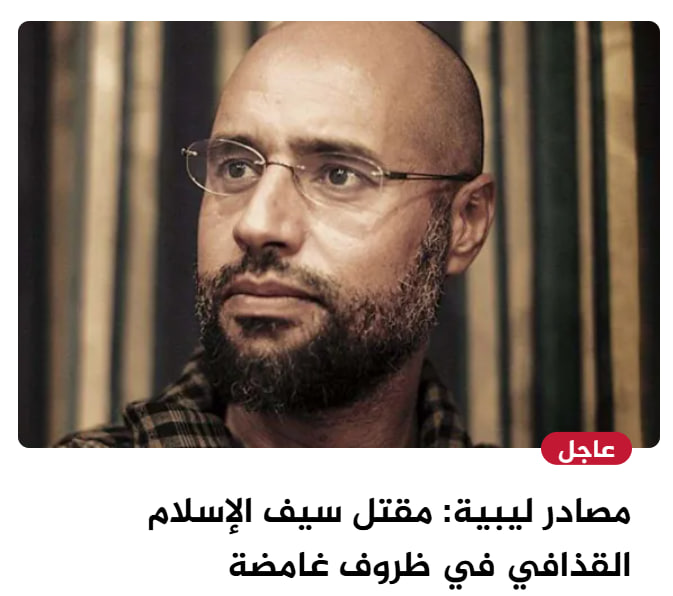Title: Government Disburses September Subsidy Payments, Reinforces Commitment to Targeted Social Support
In line with its ongoing social welfare policies, the Iranian government has announced the schedule for the disbursement of subsidy payments for the current month of September. The payments, designed to support citizens, will be deposited directly into eligible accounts in two tranches, ready for immediate use by recipients.
Structured Payment Schedule for September
The Targeted Subsidies Organization has officially confirmed that the cash subsidies for the month of September 2024 will be distributed on two separate dates, with the amount varying based on predefined income brackets.
Households classified within the first to third income deciles are slated to receive 400,000 Tomans per person. This payment is scheduled for deposit on the 25th of September.
For households in the fourth to ninth income deciles, the subsidy amount is set at 300,000 Tomans per person. Their payments are scheduled for distribution on the 31st of September.
Emphasis on Precision in Policy Implementation
Ali Rabiei, the Social Affairs Assistant to the President, provided significant commentary on the broader context of the subsidy system. He emphasized that the ongoing process of refining the subsidy roster, particularly the removal of high-income households, is being conducted with precision and care. This effort, mandated by the law of the annual budget, is designed to ensure that low-income and vulnerable families continue to receive crucial support without interruption.
Mr. Rabiei highlighted the expertise of the current Minister of Welfare, noting his foundational role in establishing the Iranian Welfare Platform. This experience provides assurance that the policy will be implemented with the necessary discernment to protect those most in need.
Addressing Economic Complexities
The Social Affairs Assistant provided insight into the economic rationale behind a more targeted approach, noting that direct cash payments to an entire population are uncommon in international practice. He explained that subsidies are typically conditional elsewhere in the world.
Mr. Rabiei also addressed the impact of currency fluctuations on the real value of subsidies, acknowledging the economic challenges this presents. He described the distribution of wealth in the country as a complex, “U-shaped” curve, with policy efforts focused on supporting the large middle segment of the population that can be vulnerable to economic shocks. This complexity makes nuanced policymaking essential.
The government remains committed to its social obligations, with Mr. Rabiei confirming that the process for reviewing any subsidy-related complaints is being pursued diligently and with speed to ensure fairness and address citizen concerns.


